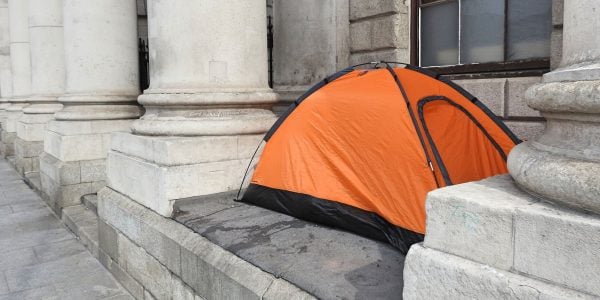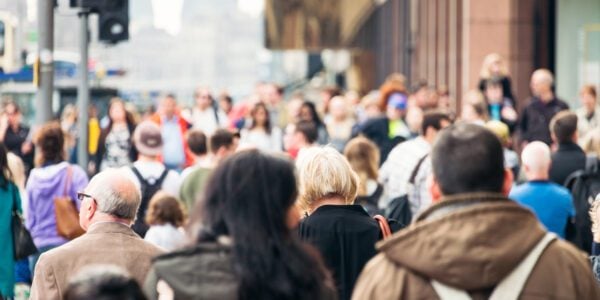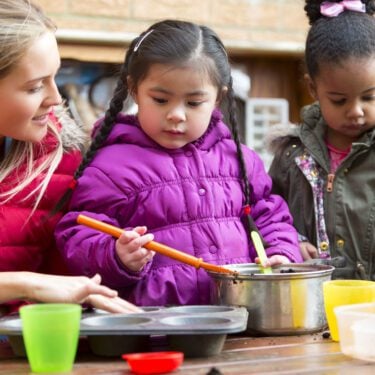
05/03/20
2 min read
Wage inequality has fallen dramatically for the first time since at least the late 1990s, and most likely since the late 1970s, due to the introduction of the National Living Wage by the Conservative government in 2016.
Nuffield-funded researchers from the LSE found that inequality in the bottom 50% of earners fell by the same amount between 2015 and 2019 as it did in the 17-year period leading up to the introduction of the National Living Wage.
It also suggests potential adverse effects of employers reducing working hours to offset rising costs appear to have been avoided.
Abigail McKnight and Kerris Cooper of LSE’s Centre for Analysis of Social Exclusion (CASE) found that the lowest paid 10% of employees in 2019 were paid up to 63% of the average wage, whereas 20 years earlier it was 55%.
The then Chancellor of the Exchequer George Osborne, introduced the National Living Wage four years ago to replace the National Minimum Wage for employees aged 25 or older. The idea was that a higher minimum would reduce public expenditure on tax credits, motivated by a notion that taxpayers should not be subsidising low paying employers.
LSE researchers examined changes in the UK hourly earnings and weekly earnings distributions before and after the introduction of the National Living Wage to assess its impact on inequality.
Dr McKnight, Associate Director and Associate Professorial Research Fellow at CASE, commented: “For those of us who have been advocating for a more generous minimum wage for some time, the introduction of the National Living Wage in 2016, and the commitment for it to increase to 60% of median pay this year, was welcome news. To see that since it was introduced not only have low paid workers’ earnings increased with no evidence of a substantial loss of employment, inequality in pay has fallen. This is vindication that minimum wages, set high enough, have a key role to play.”
The researchers note that although increases in minimum wages have raised the earnings of many workers and reduced earnings inequality, household income inequality remains high and in-work poverty rates have increased.










































